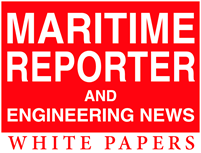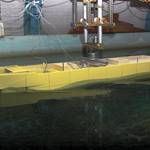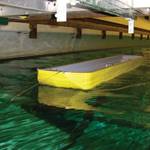

Designing efficient vessels is the heart of what naval architects do. Efficiency in this case is defined as the ratio of useful travelled distance of goods or cargo divided by the total energy put into the transportation propulsion means. In other words, a more efficient vessel design will require less fuel (cost) to move a given cargo a certain distance. This paper will explain why efficiency is important and will explore some aspects of vessel design that can greatly affect a vessel’s efficiency. It will further detail some of our companies’ experience applying these techniques and will finally discuss some ideas that our naval architects and marine engineers are working on for the future. The authors of this paper are both employed by The Shearer Group, Inc. (TSGI) of Houston, Texas. Greg Beers, P.E. is also a Principal with TSGI’s sister company, Bristol Harbor Group, Inc. (BHGI) of Bristol, Rhode Island.

Designing efficient vessels is the heart of what naval architects do. Efficiency in this case is defined as the ratio of useful travelled distance of goods or cargo; divided by the total energy put into the transportation propulsion means. In other words, a more efficient vessel design will require less fuel (cost) to move a given cargo a certain distance. This paper will explain why efficiency is important and will explore some aspects of small coastal vessel design that can improve vessel efficiency. We will also investigate several of the techniques that are used to analyze a vessel’s efficiency utilizing Articulated Tug-Barge (ATB) units as case studies.